Transition to Community Program
The TLC Transition Program is designed to support young adults who are preparing to transition from high school to post-secondary education, and competitive employment. Their aim is moving toward a more independent way of life. Independence is accomplished through a coordinated and outcome-oriented plan to prepare students to reach their aims. This plan is fluid and will change as the student develops skills, experiences more vocational and college opportunities, and other readiness skills.
Program Description
The TLC Transition Program is located in historic downtown Danielson, CT. There is access to a variety of TLC campus and community resources that are either available by the school or within walking distance or along the public transportation route. This includes: the public library, various restaurants, banks, parks and recreation areas, as well as a variety of retail settings.
A focused curriculum is provided to the students that will prepare them for employment, post-secondary education, and community participation. Independent living skills are taught as well. Apprenticeship opportunities also provide career awareness and exploration.
Teachers assist students to create their personalized daily and weekly schedules. Students are encouraged to participate in a variety of community activities. Each student becomes able to use public transportation to art centers and museums in Providence, Boston, and sometimes New York.
Competitive Employment
- Interviews
- Job coaching placement
- Banking/Checking/Savings/Budgets
Apartment Living: Stage One
- Staff supervision and monitoring
- Video coaching
- 24 hour visual monitoring
Apartment Living: Stage Two
- Independent living
- Staff monitoring and coaching
- Group meetings to discuss living experiences
- Living in community experience
- 24 hour visual monitoring
- Public transportation
- Local
- Distant
- Meet with staff
- Community college experience
- Job experience
- Peer interactions at work and at Briggs Center
- Pay raises
- Supervisory evaluations
- Self evaluations regarding level of independence
